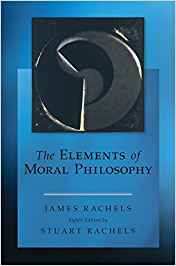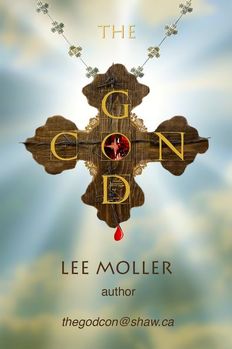 I read this on Dale's recommendation. It is essentially a 1st year university text book. At 183 pages, it is not long. But like many text books, fairly dense. Dull as it may sound, I quite enjoyed it. The challenge: develop morality from reason alone. Some impressions: Philosophers of yore were not that smart. Of course, they are a product of their times, which were steeped in religion. They seemed to be seeking a simple algorithm that could be used to test any action or idea's morality. (A fool's errand, IMHO.) This lead to absolute statements about morality (e.g.: lying is always bad) that are not helpful, but do simplify the problem. I was amused to see the Prisoner's Dilemma featuring quite prominently. I have always been amazed at just how much this simple game can reveal about morality and behavior. I have used economic terms like Pareto efficiency (which is close to Utilitarianism) and utility functions when talking philosophy. Utility functions are very abstract. In general, one can only make meta statements about them, but they are instructive. For people, a utility function is just a measure of what that person wants or values. Moral philosophy seems to rest heavily on the idea we are all the same, and in many contexts, we are. Utility functions suggest the opposite. In the penultimate paragraph of the of the book, curiously, the author describes an employment situation where he uses the word "fair", as in "this is not fair for person x". This is the only time I noticed that word being used. This fairness idea seemed to fly in the face of a general meritocracy. I was reminded of when I worked at a mine when I was 16. Wielding a shovel was a big part of the job. I thought it unfair that a girl got paid what I got paid for shoveling even though, as essentially a rented mule, I was worth twice what she was. It would seem that Rachels would say this is perfectly "fair" and the alternative unfair. Hmmm. I assume his next book will end the suspense and just tell me which moral scheme is best.
2 Comments
10/3/2024 01:04:53 pm
Utility functions are very abstract. In general, one can only make meta statements about them, but they are instructive. For people, a utility function is just a measure of what that person wants or values. Moral philosophy seems to rest heavily on the idea we are all the same, and in many contexts, we are. Utility functions suggest the opposite.
Reply
29/6/2024 04:54:50 am
I just finished reading "The Elements of Moral Philosophy" by James Rachels. It's fascinating how Rachels breaks down complex ethical theories into real-world scenarios. Even though it was published in 1986, the questions it raises about things like cultural relativism, utilitarianism, and animal rights are still incredibly relevant today. It's pushed me to think more critically about my own moral compass and how I approach ethical dilemmas. I'd definitely recommend it to anyone interested in digging deeper into the foundations of morality.
Reply
Leave a Reply. |
AuthorLee Moller is a life-long skeptic and atheist and the author of The God Con. Archives
May 2024
Categories
All
|

 RSS Feed
RSS Feed